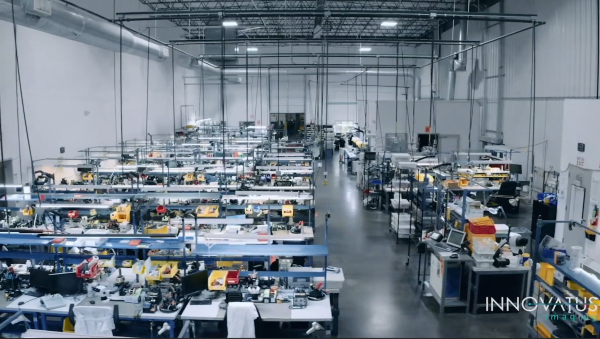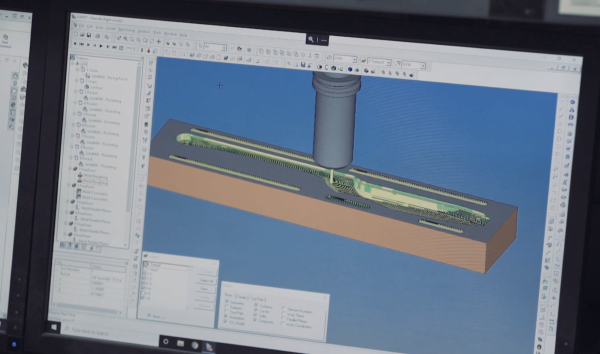It’s not about access to more equipment, additional repair services, or even increased budgets to gear up for another episode of the unknown. It’s about greater access to the parts you need when you need them to keep your current devices running at top performance. This might seem like a simple reality we already enjoy, but it’s really not. The inability to access parts for imaging devices is more pervasive than you may think.
2020, and much of 2021, have resulted in many changes in the landscape of the medical device repair industry. Acquisitions, mergers, and, unfortunately, closures were popular news items. Most recently, challenges in supply chain , price increases, and the right-to-repair have marked much of 2021. While many in healthcare may still feel stuck in 2020, like a never-ending streaming of the movie “Groundhog Day,” there is a way to pause some of the hecticness associated with maintaining uptime, workflow and end-user satisfaction. Simply put, it’s all about access.
The Common Obstacle to Replacement Parts
One of the most common delays experienced by repair providers can be waiting for the parts needed to complete a repair that will result in a device that meets the design intended by the OEM. Waiting for even a very small part, such as a housing component, can take days or weeks. For ultrasound probes and MRI coils, replacement parts are not available from device manufacturers. Ironically, the cost of such a part might be only a few dollars, but the cost of that device being out of operation can quickly add up to a few thousand dollars per day.
Traditional Industry Access
Traditionally, the repair industry has compensated for these delays by harvesting broken or scrapped products and using these in place of new, uncompromised parts. This model is not a sustainable solution. No repair provider can ensure repairability and quality if the parts they use don’t hold up as needed. In some cases, harvested parts don’t hold up for long and can lead to latent failures down the road.
The Innovatus Solution

One of the founders of Innovatus Imaging, Dennis Wulf, identified this issue decades ago. He invested in in-house talent and a state-of-the-art machine shop at our 25,000-square-foot Center of Excellence for Ultrasound Probe Repair in Tulsa, Oklahoma. This investment has enabled our team to fabricate replacement parts as needed, keeping repair processes moving forward and, in most cases, getting devices back to imaging departments quickly. Operations at this facility include rapid prototyping, injection molding, and precision machining. Parts produced onsite are used for in-house repair processes and for new specialty devices manufactured at our FDA Registered Denver, Colorado facility.
At the Innovatus Imaging Center of Excellence for MRI Coil Repair in Pittsburgh, Pennsylvania, we have similar capabilities through our mechanical design, rapid prototyping, parts fabrication, 3D printing and custom painting operations. These capabilities stem from our heritage as an MRI coil manufacturer. They enable us to quickly repair and restore the MRI coils we receive for repair – which often arrive in multiple pieces, sometimes in as many as 10 for a single coil.
While we’re proud of the vision and legacy from the leaders of Innovatus Imaging regarding parts fabrication. We’re most proud of what it means for our clients. Having access to a virtually fully internalized supply chain for replacement parts means quicker repairs, sustainable quality, and the ability to keep imaging devices operating when patients need them most, which is nothing short of 24/7. All of the methodologies, processes, verifications, and validations are maintained within our ISO 13485:2016 certified Quality Management System.
We believe it’s important for all support companies, including all of us in the repair and service industry, to constantly innovate new methods, processes, and outcomes. By providing greater access to the parts you need when you need them, we can keep our industry moving forward at a critical time for patients and providers alike. We can assure patient access to the diagnostic services they need to move forward.

